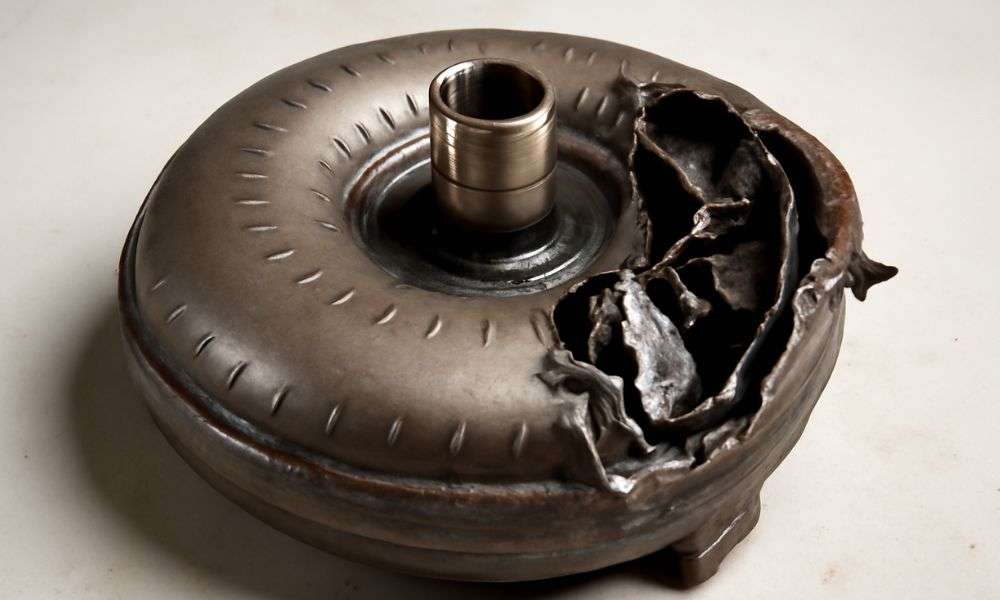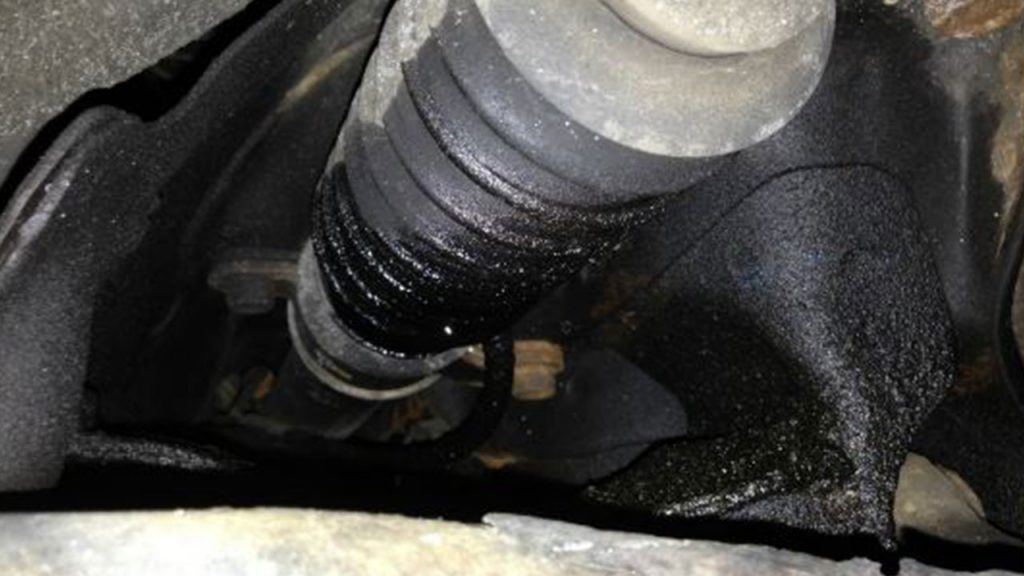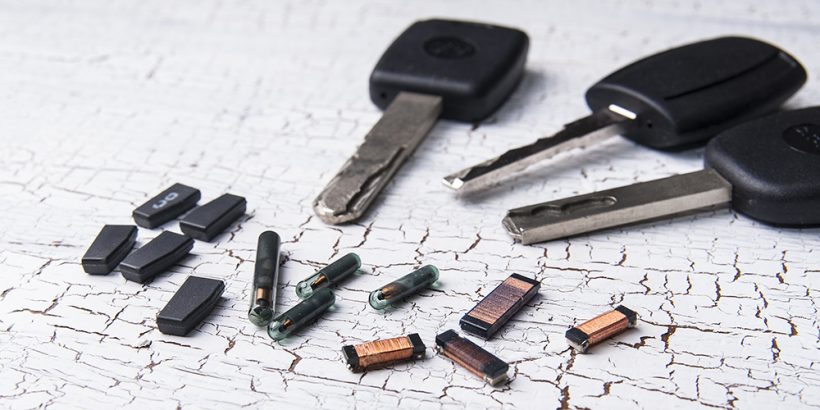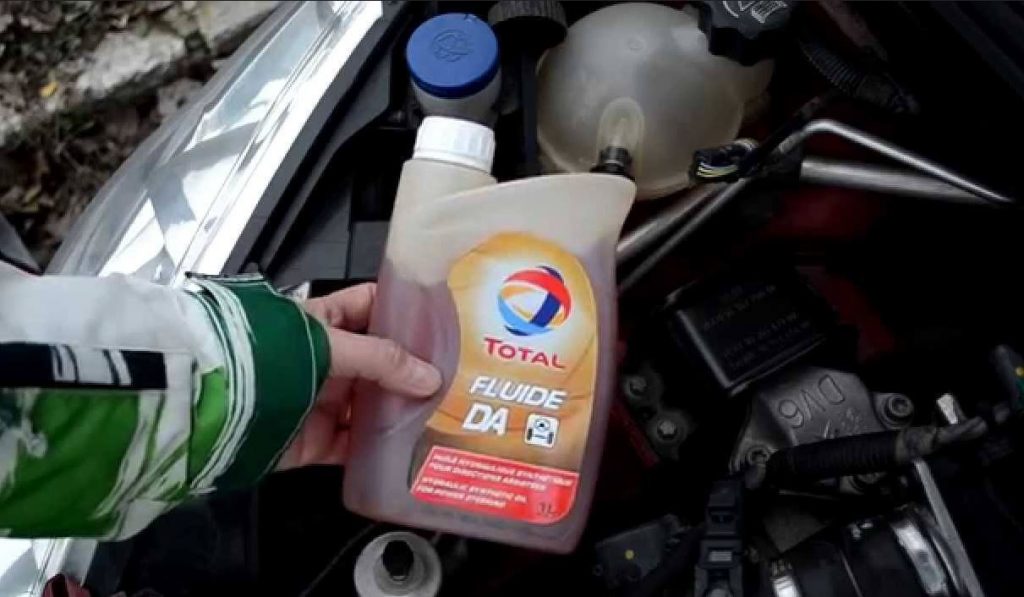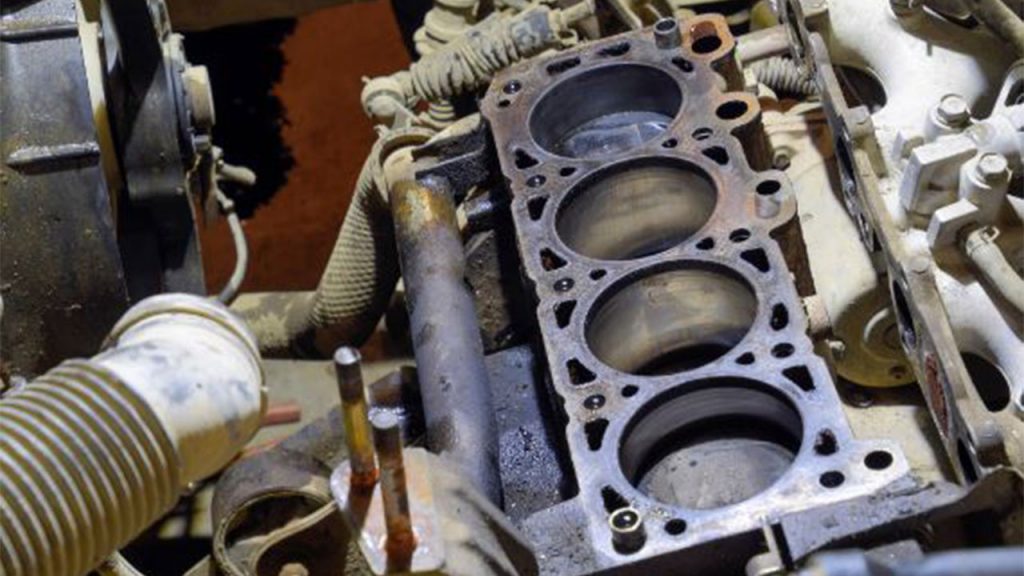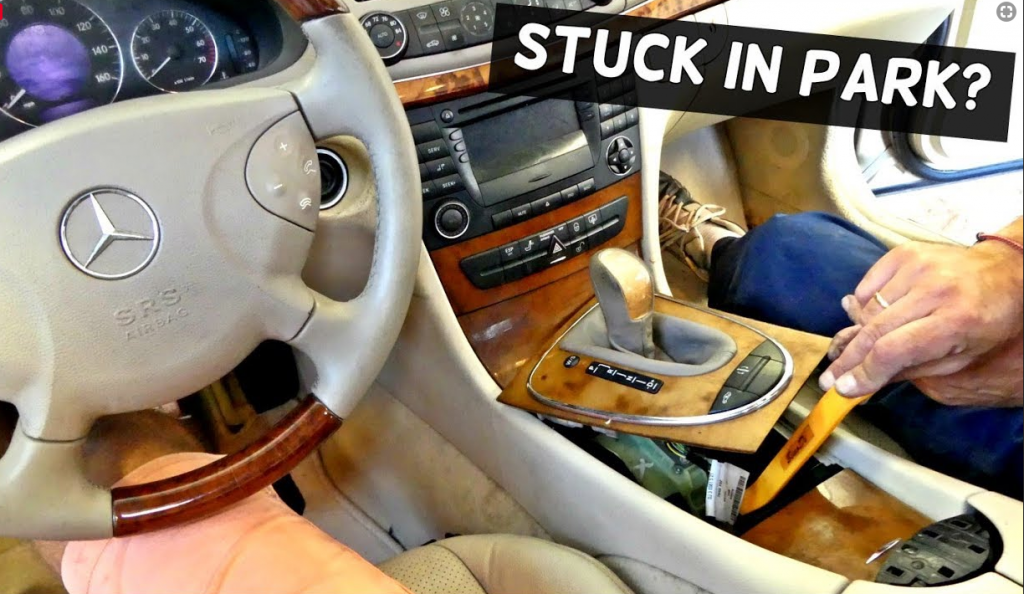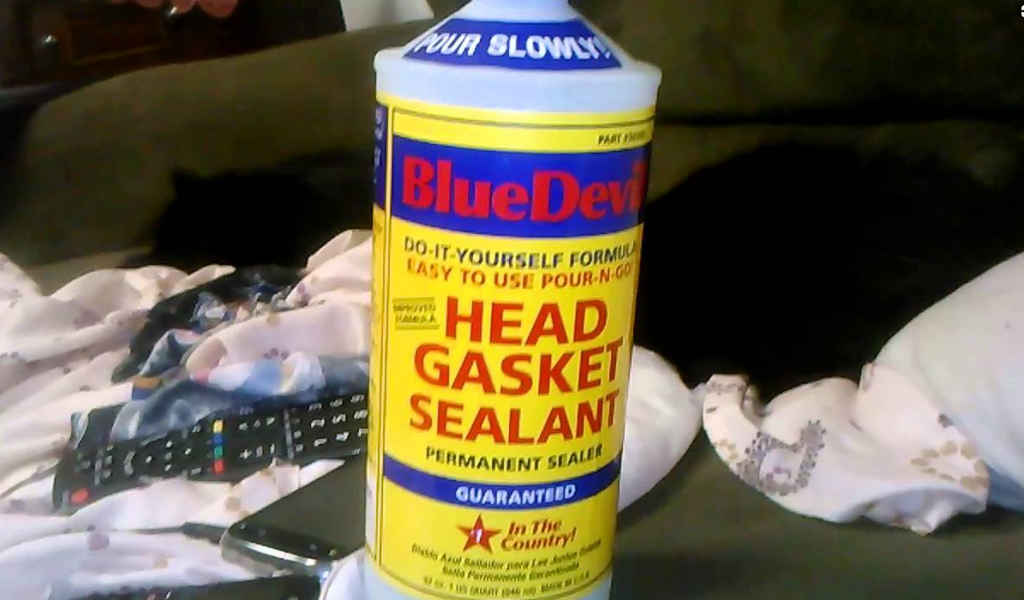The transmission system is the life of any vehicle, regulating how it moves and navigates gear changes. The torque converter is one of the integral parts of the smooth operation of the vehicle. It links the engine to the transmission and enables the automobile to change gears. But, much like any mechanical part, the torque converter can malfunction, which can cause serious vehicle problems. Recognition of the signs of torque converter failure, such as jerking, acceleration lag, and stalling, is paramount to avoid severe damage, including expensive transmission repairs. This post examines these common indicators and takes a deeper dive into how to recognize and resolve them before they become a disruptive mess for your driving experience.
Common Signs of Torque Converter Failure
Torque-converter lapsing frequently isn’t an overnight one. Rather, it develops slowly and these subtle cues and signals are easy to miss. Steering: One of the most frequent signs of potential problems with the car is erratic handling, strange sounds from the steering, or a failure to shift gears when expected. Well, as harmless as these symptoms look (or at least, as harmless as they can be), they’re actually indications of an underlying problem in your torque converter and (if not taken care of) may lead to a very sudden, and very complete, failure. Keeping an eye on these warning signs can save drivers the hassle and cost associated with a catastrophic failure.
How a Torque Converter Fails
In order to figure out why torque converters fail, it is crucial to understand what a torque converter is and how it works. The torque converter is a type of fluid coupling that transfers rotating power from a prime mover, like an internal combustion engine, to a rotating driven load. It transfers engine power to the transmission using transmission fluid and enables the vehicle to change gears. Torque converter: A turbine and a stator inside the torque converter regulate the flow of power between the engine and transmission.
If something goes wrong with any one component of this finely-tuned arrangement—say, a malfunctioning pump, failing bearings, or low fluid the torque converter will also fail, which can mean anything from a sputtering motor to a completely inoperable vehicle.
Torque Converter Failure Signs Shudder
The most common symptom of torque converter problems is that the car jerks, surges or feels like it has a lack of power when you are driving the car at a steady speed or are accelerating on the road. This shudder can seem like a jolt or bucking and can feel very disruptive to both the driver and passengers. Frequently, the shudder is induced by a problem with the torque converter’s clutch, and/or mechanical disengagement causes the clutch to act erratically, and this sudden jerk occurs as a result.
Although a little judder may not be a cause for panic, it may indicate that the torque converter isn’t running at its maximum efficiency, and this could be a sign that an issue is developing or something needs to be done to prevent it from doing so.
Retardations of Advancement: Symptoms Explained
This could also be an indication of a failing torque converter. A good torque converter fattens it up – power is transferred instantly and acceleration is brisk. But when the converter starts to die, it may not pass power as well, which means the vehicle’s reactions might be a little delayed. These pauses may be particularly apparent when you are trying to take off from a standstill or getting on a freeway. It may seem like your car is dragging its feet or simply not getting the power you request; this is a tell-tale sign that one should never ignore; in fact, you may have some larger problems with the internal components in the converter.
Torque Converter Stalls Car Delays
A stall is another important symptom of a broken torque converter. A loose and weak torque converter can lead to a variety of problems, such as stalling, rough/ erratic shifting, or simply no power to the wheels. This could cause the engine to idle erratically or stall. It often occurs with a loss of power or the motor shutting down altogether. A sudden engine shutoff while driving is a sensitive indicator of a torque converter in failure, used or on its last legs, and you should not hesitate to investigate the issue further.
Related Post: What Is a Torque Converter Stall Speed
Torque Converter Shudder, Delays, Stalling: The Trio of Trouble
Shaking, reluctant acceleration and engine stalling are among the most typical and harmful symptoms of a malfunctioning torque converter. Though these symptoms may seem very different, what they have in common is that they are all caused by a defective torque converter’s failure to control power flow in the vehicle. While every one of these symptoms could be indicative of a failed converter, each of them is more likely to reflect a specific issue. Collectively, however, they send a clear picture of a transmission in serious trouble. Spotting these signs early can help prevent a full-blown blowout and get repairs done in time before the situation gets worse.
Symptoms of a Failing Torque Converter
In addition to surging, slipping, and failing, there are more signs that you should not ignore if your torque converter symptoms appear, such as overheating, whirring noise, and leakage. This is what happens when the fluid in the converter has no place to go, so it acts as if you’re controlling two pedals simultaneously: the brake and the gas. It’s called overheating, and it happens when the fluid in the converter, for whatever reason (internal damage or blockage), can’t freely come and go. This can result in operating the vehicle’s transmission at a temperature above which the cooler can prevent damage to the entire transmission and converter.
Surprising noises like whirring or wheezing are symptoms of a bad torque converter. These sounds are generally heard when the internal parts of the converter, such as the turbine or bearings, get damaged. Leaks around the torque converter can also be a bad sign – when fluid levels are low, this can lead to the converter not working as it should.
Diagnosing Torque Converter Problems
To diagnose a torque converter problem, you will need to perform a series of observations and tests. If you encounter any of the above-mentioned signs, it is important to have a professional check your car. Some of the diagnostic procedures consist of measuring the transmission fluid, examining the torque converter for signs of damage, and performing a stall test gauge operation. A mechanic might use a car diagnostic scanner to check for transmission performance error codes. Early diagnosis can stop costlier repair issues and keep your vehicle in good condition.
What Happens When You Ignore Torque Converter Failure?
Torque converter problems can be the most challenging of all issues to diagnose in a vehicle. Once the problem becomes more severe, the car will experience additional transmission problems to the point of transmission failure. This guy can be a major repair compared to just swapping out the torque converter. Furthermore, driving with a defective torque converter for too long can place unnecessary strain on other parts of your car, leading to additional mechanical problems.
Putting the problem out of your mind in this instance could, in fact, even become a safety hazard should the vehicle stall unexpectedly as you are traversing a market, for example, in which case not just you but other road users will be put at risk.
Repairing or Replacement – Torque Converter
But when a torque converter is fully blown, there is no alternative to repair; actually, it demands replacement. If the damage is minor, repairs can be made, including replacing seals, or rotor blades or adding fluid. But if the internal contents of the converter have been significantly damaged, replacement is probably the more prudent choice in the majority of cases.
This is considerably more technical than what is usually allowed in this space, as removing a torque converter is both difficult and labor-intensive, and should, in all likelihood, be performed by a professional. The price of replacement may change based on what type of vehicle you drive, but it’s an investment in the long-term health and safety of your vehicle.
Preventing Torque Converter Failure
You can start by avoiding failure itself with good maintenance. By monitoring your transmission fluid levels and making certain the fluid is clean and nice and cool, you can prevent your torque converter from breaking down. Routine transmission fluid exchanges, according to manufacturer recommendations, are also important to the condition of the whole transmission system. You should also prevent severe driving activity, such as towing heavy loads or fast acceleration, as this causes the converter to experience more wear and tear.
Torque Converter vs. Other Transmission Problems
There is an important difference between a transmission and a torque converter problem that often gets overlooked, with many of the symptoms that these types of problems can produce. Shuddering, slipping, and stalling are signs that the torque is not functioning properly, and so immediate attention is required, even if this is something as simple as adding some extra fluid or removing some old fluid, or even a part that needs replacing. A professional inspection is the only way to determine what is causing the problem; every transmission problem will need a different fix.
How to know if the torque converter is bad
Identifying poor torque converter symptoms as early as possible is of great importance. Shuddering, late or missed shifts, and sudden shuffling are other sure ways to tell the Torque Converter is bad. When accompanied by overheating, strange noises, or leaks, it becomes very important to have a professional inspect the problem. A qualified technician will be able to perform tests to determine whether the torque converter is the actual cause of the problem or if there is a separate issue with your transmission.
The Importance of a Transmission Flush to Help Prevent Torque Converter Failure
A transmission flush is an essential safeguard to keep the torque converter from going out by keeping the transmission fluid clean and free of contaminants. Dirty or worn-out transmission fluid can cause the torque converter to lose efficiency, overheat, and result in a number of other issues. Doing a regular transmission system flush promotes healthy fluid movement and lubrication, making sure the torque converter and other receiver parts are at their best working condition.
How Weather and Drivability Affect Your Torque Converter
Extreme temperatures and specific driving behavior can also make torque converter issues worse. Cold temperatures can thicken the fluid so that the torque converter has difficulty circulating it. Conversely, hot temperatures can cause the fluid to overheat and become damaged. In addition, normal stop-and-go driving, towing or even cruising around at high speeds will constantly cause unnecessary stress on the torque converter, leading to faster wear and tear. Keeping a good track of these can lower the chances of torque converter failure.
When To Get Professional Help For Torque Converter Issues
If you’re experiencing any of the signs of a malfunctioning torque converter, it’s important to have it inspected and repaired by a professional as soon as possible. A professional mechanic can properly diagnose this issue and advise on the best solution. Driving with a bad torque converter will, in the end, reduce the life of your car, not to mention destroy your car’s gearbox over time, so it is not worth the damage.
Conclusion
Your vehicle’s transmission uses the torque converter to help control the flow of power, so when it begins failing, you’ll want to get it replaced as soon as possible. Shimmying, sluggishness in shifting gears, or they may stall are some of the more common symptoms that something needs to be done about the torque converter. With some knowledge of these symptoms and some troubleshooting, you can keep your vehicle performing optimally and save some money on transmission repairs, too. Consistent maintenance, like checking your transmission fluid and regular transmission flushes, is the best way to extend the life of your torque converter and keep your vehicle running smoothly.

